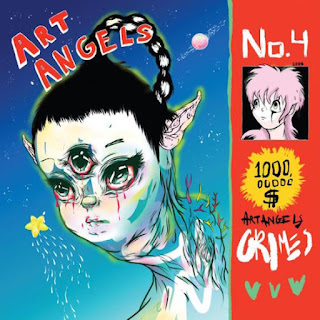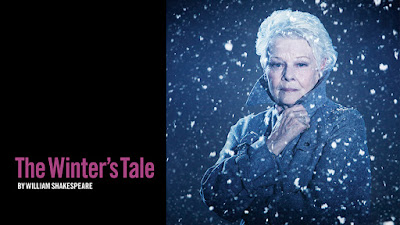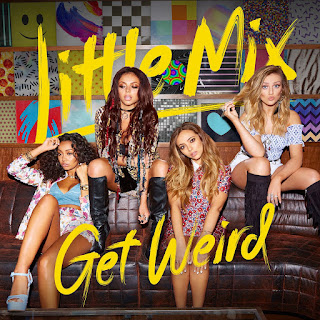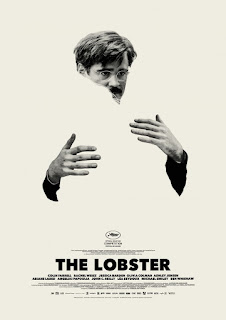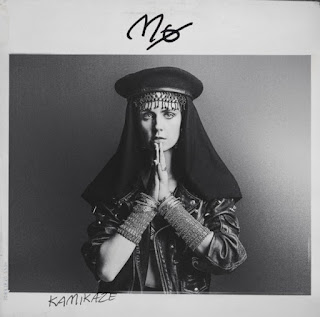Today’s cabaret shows are quite akin to the old freak shows
of the Victorian era. They’re a place where we can go to see the weird and the
wonderful, the impressive and the grotesque, the fascinating and the
extraordinary. And with La Soirée,
that comes with the comfort of sitting in the fine surroundings of Southbank’s Spiegeltent
with a beverage (or five).
It also comes with the knowledge that you’re watching some
of the globe’s best cabaret talent. The company comprises a multitude of varied
performers, each the best in their field, with different performances made up
of different acts. This particular performance spanned from the powerful vocals
and kooky costumes of singer Frisky, to the impressive juggling and
hula-hooping of Mario, Queen of the Circus, and much, much more.
The sheer strength of The English Gents, for instance, is
gobsmacking as they balance on each other in increasingly intricate and
gravity-defying poses. Later, Hamish McCann returns for one of the sexiest
pole-dancing routines to “Singin’ In The Rain” you’re likely to see. By
comparison, Melanie Chy’s hand balancing (impressive as it is) feels
lacklustre. For more sex appeal, Yammel Rodriguez spins on a single suspended
strap whilst smoking a cigar with a sultry glint in her eyes, and Bret Pfister’s
hoop routine performed to Lana Del Rey is surprisingly emotive.
It’s Norway’s Captain Frodo who really pushes the
boundaries, though. His act consists of fitting his double-jointed body limb by
limb through two tennis racquet heads (without the strings obviously) and,
later, sword swallowing. It’s the sort of act that has you squirming in your
seat, repulsed by the way his body moves in such alien fashion, yet weirdly
gripped to see what the hell he’ll do next. And it’s delivered with such
light-hearted humour you can’t help but watch.
It’s not all physicality. Mooky’s clowning is something of
an acquired taste, relying more on awkward audience behaviour than her own
jokes. Yet Asher Treleaven provides all the humour required by reading out a
passage from a Mills and Boone novel in stirring fashion, leaving the audience
crying hysterically. I will never look at a dachshund the same way.
Best of all is Denis Lock’s bubble act, the other half of
The English Gents. Somehow, he creates sculptures out of bubbles. Sculptures
that dance in the still air of the Spiegeltent. Sculptures that twist and spin
over the awestruck audience. MADE OUT OF BUBBLES. His dexterity and control are
simply unbelievable, his creations spellbinding, the silent audience left
gasping like excited children. And that’s exactly what the best cabaret acts should
do. That’s why La Soirée is a place
where freaks are celebrated, where talent inspires, and where audiences are
thoroughly entertained.
4/5
Watch: La Soirée runs
at the Southabank Spiegeltent until 17th January 2016.
Ticket courtesy of theatrebloggers.co.uk.
Ticket courtesy of theatrebloggers.co.uk.














